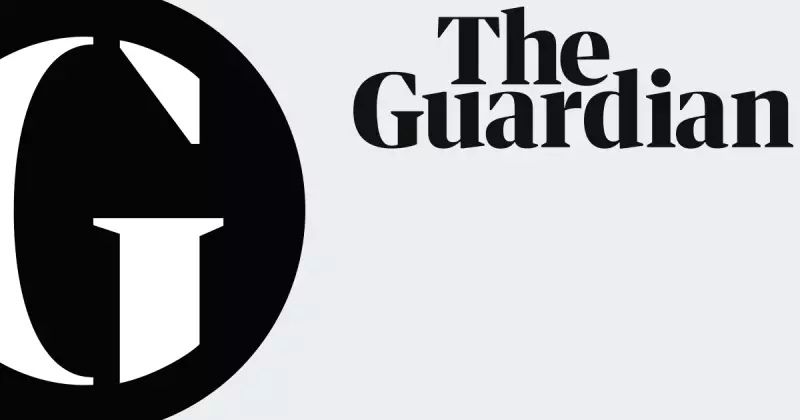
Western security alliances are engaged in a silent but intense battle against a new form of Russian aggression that operates in the shadows of legitimate politics. Unlike traditional warfare with tanks and troops, this conflict uses sophisticated political manipulation, covert funding and digital attacks to undermine democratic institutions from within.
The Unconventional Battlefield
According to recent intelligence analysis featured in The Guardian's Australian politics podcast, Russia has perfected what experts call 'political war' - a strategy that blurs the lines between peace and conflict. This approach targets the very foundations of Western democracy through:
- Covert financial support for extremist political parties
- Sophisticated disinformation campaigns on social media
- Cyber attacks on critical infrastructure
- Strategic manipulation of energy supplies
- Exploitation of legitimate political processes
NATO's Evolving Defence Strategy
The North Atlantic Treaty Organization, traditionally focused on military threats, is now developing comprehensive countermeasures against these invisible attacks. NATO officials recognise that the alliance must adapt to defend against threats that don't involve traditional military engagement but are equally dangerous to member states' sovereignty.
"We're seeing a fundamental shift in how nations compete and conflict," explains a senior security analyst. "The battlefield is now the political landscape of Western countries, and the weapons are information, money and influence."
European Union's Multi-Front Response
The European Union has taken a leading role in coordinating the response across member states. Their strategy involves:
- Enhanced cybersecurity cooperation between member states
- Stricter regulations on political funding and transparency
- Rapid alert systems for disinformation campaigns
- Support for independent media and fact-checking organisations
- Diplomatic measures targeting Russian intelligence operations
The Australian Perspective
While geographically distant, Australia has become increasingly concerned about these tactics, recognising that no democracy is immune. Australian security agencies have noted similar patterns of interference in the Asia-Pacific region, prompting closer cooperation with European partners.
"What happens in Europe doesn't stay in Europe," notes a Canberra-based security expert. "These are exportable tactics that can be deployed against any democracy that opposes Russian interests."
A New Era of Geopolitical Competition
This form of warfare represents a fundamental challenge to international norms and the rules-based order. Unlike conventional conflicts with clear beginnings and endings, political war is continuous and deniable, making traditional diplomatic and military responses inadequate.
Security experts warn that Western nations must develop new institutions and capabilities specifically designed to counter these threats, recognising that the defence of democracy now requires protecting not just borders, but the integrity of political discourse itself.





